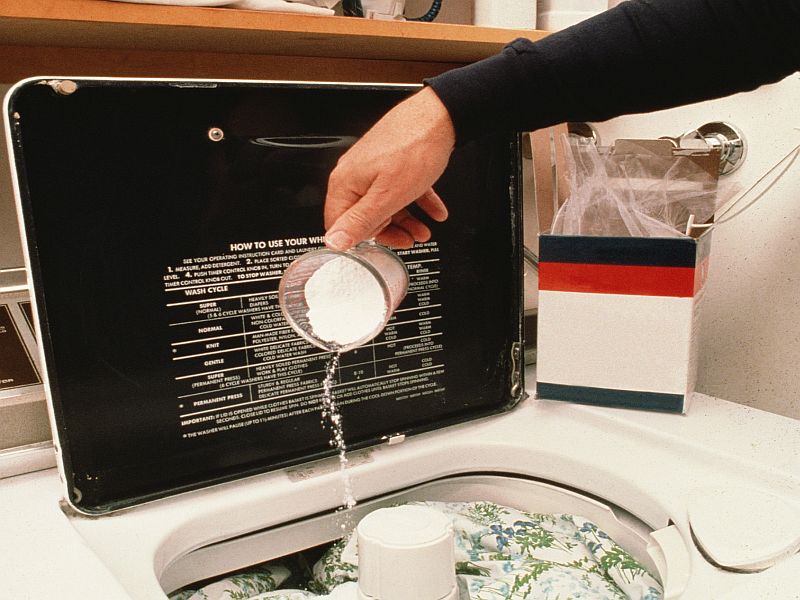
Friday, December 8, 2017

FRIDAY, Dec. 8, 2017 (HealthDay News) -- If you or a family member develops scabies, you need to take immediate action, a dermatologist advises.
Scabies is a common skin condition caused by the human itch mite. Symptoms include an itchy rash, sores and a thick crust on the skin.
"Most people get scabies from direct skin-to-skin contact, although it's possible to get scabies from infested bedding, clothes and furniture," said Dr. Joshua Zeichner, an assistant professor of dermatology at the Icahn School of Medicine at Mount Sinai in New York City.
"Since scabies is contagious, it tends to spread easily among children, mothers with young children and residents of nursing homes and extended care facilities," he explained in an American Academy of Dermatology news release.
If you suspect you or someone in your family has scabies, see a doctor. Medicine to treat scabies is only available with a prescription.
Because scabies is highly contagious, it's also important to notify people around you. If you get treatment, people you live with or have close contact with also need treatment. Otherwise, they can get the mites, and you can get them again, Zeichner said.
The day that you begin treatment, wash all bedding, clothes and towels in hot water and dry everything in a hot dryer. If you can't wash something in a washing machine, take it to a dry cleaner or seal it in a plastic bag for at least one week to kill the mites, which can't survive longer than three to four days without being on a human.
It's also important to vacuum your entire home on the day you start treatment. After you're done, throw away the vacuum bag or wash the vacuum canister with hot, soapy water.
You don't need to treat your pets because the human itch mite cannot survive on animals, Zeichner said.
SOURCE: American Academy of Dermatology, news release, November 2017
HealthDay
Copyright (c) 2017 HealthDay. All rights reserved.
News stories are written and provided by HealthDay and do not reflect federal policy, the views of MedlinePlus, the National Library of Medicine, the National Institutes of Health, or the U.S. Department of Health and Human Services.
- More Health News on
- Skin Conditions




























.jpg)












No hay comentarios:
Publicar un comentario